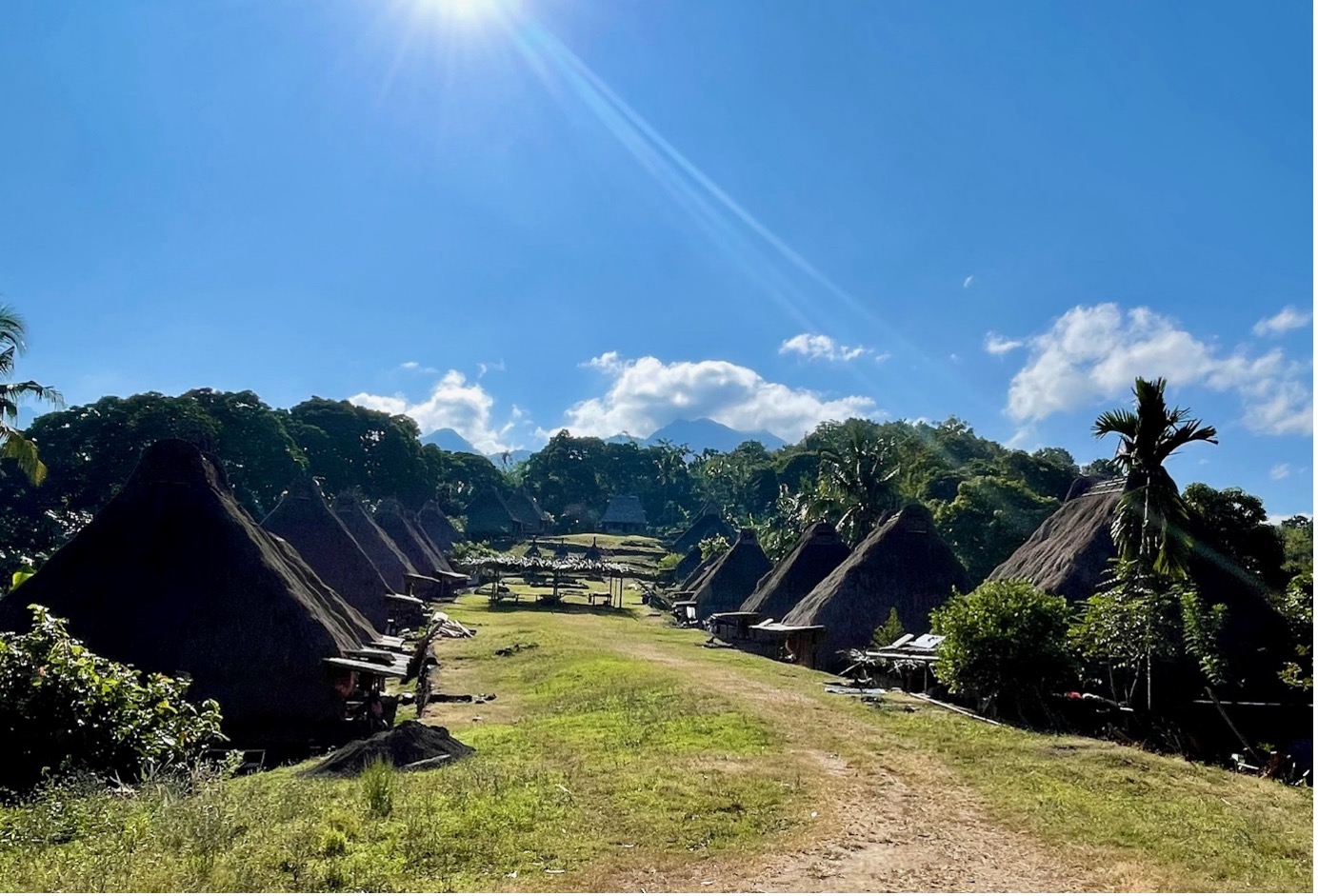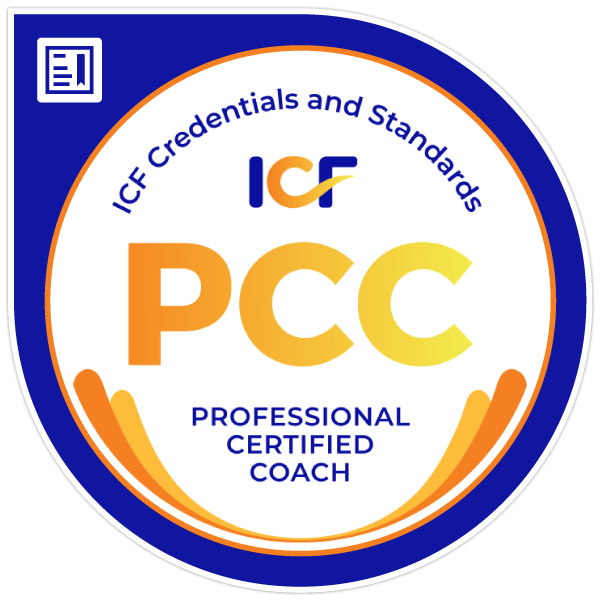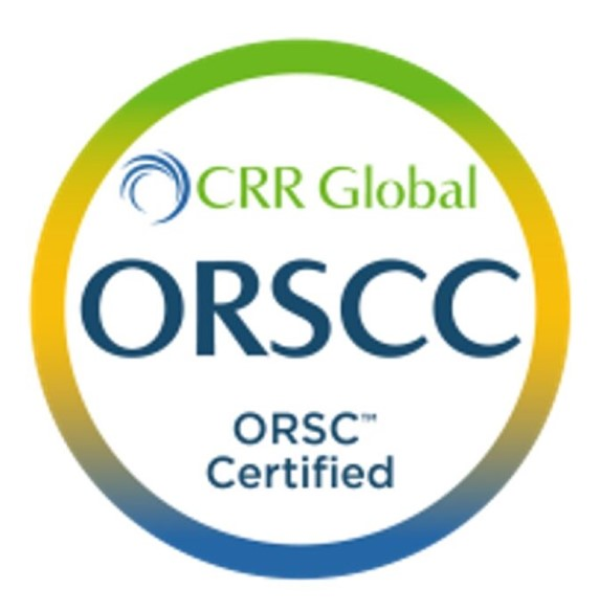Let me tell you about one of the most impactful leadership lessons I’ve ever learned. Spoiler: it didn’t come from a boardroom, a leadership workshop, or a bestseller on business strategy. It came from a small village in Flores, Indonesia, where there were no whiteboards, no PowerPoint presentations, and certainly no Wi-Fi. Instead, there were chickens wandering around, smoky cooking fires, and the most remarkable sense of community I’ve ever encountered.
This summer, my family and I had the rare privilege of staying in a traditional village called Belaraghi, nestled deep in the island of Flores. We shared meals, slept under the same roof as our hosts, and stayed up late into the night, listening to stories passed down through generations. It was magical—and surprisingly educational. As an executive and team coach, I couldn’t help but see parallels between this tightly-knit village community and the kind of healthy, thriving teams leaders everywhere strive to create. And trust me, there are some powerful lessons to be learned.
“Help Before You’re Asked”
One moment, in particular, stuck with me. I was sitting with one of the elders of the village, and I asked him what was important to the community. His answer was simple but profound: “There are no rules written on the wall. But everyone knows that when a family is in trouble, we offer help to each other. Preferably before being asked. That’s just how you live as one unit.”
Wow. Think about that for a second: Help before you’re asked. This isn’t just about lending a hand when someone’s obviously struggling—it’s about being so connected with your community that you sense when someone needs support. It’s proactive, it’s intuitive, and it’s deeply human. The elder’s words gave me goosebumps, and I immediately thought about how rarely we see this level of connection in the corporate world.
In the fast-paced, to-do-list-driven environment of modern organizations, we’re often too caught up in our own tasks to notice when someone on our team might be struggling. It’s not that we don’t care—it’s that we’re distracted. But what if we took a page from this village’s book and cultivated a sense of intuitive teamwork, where we help each other without needing to be asked? What kind of transformation could we see in our teams?
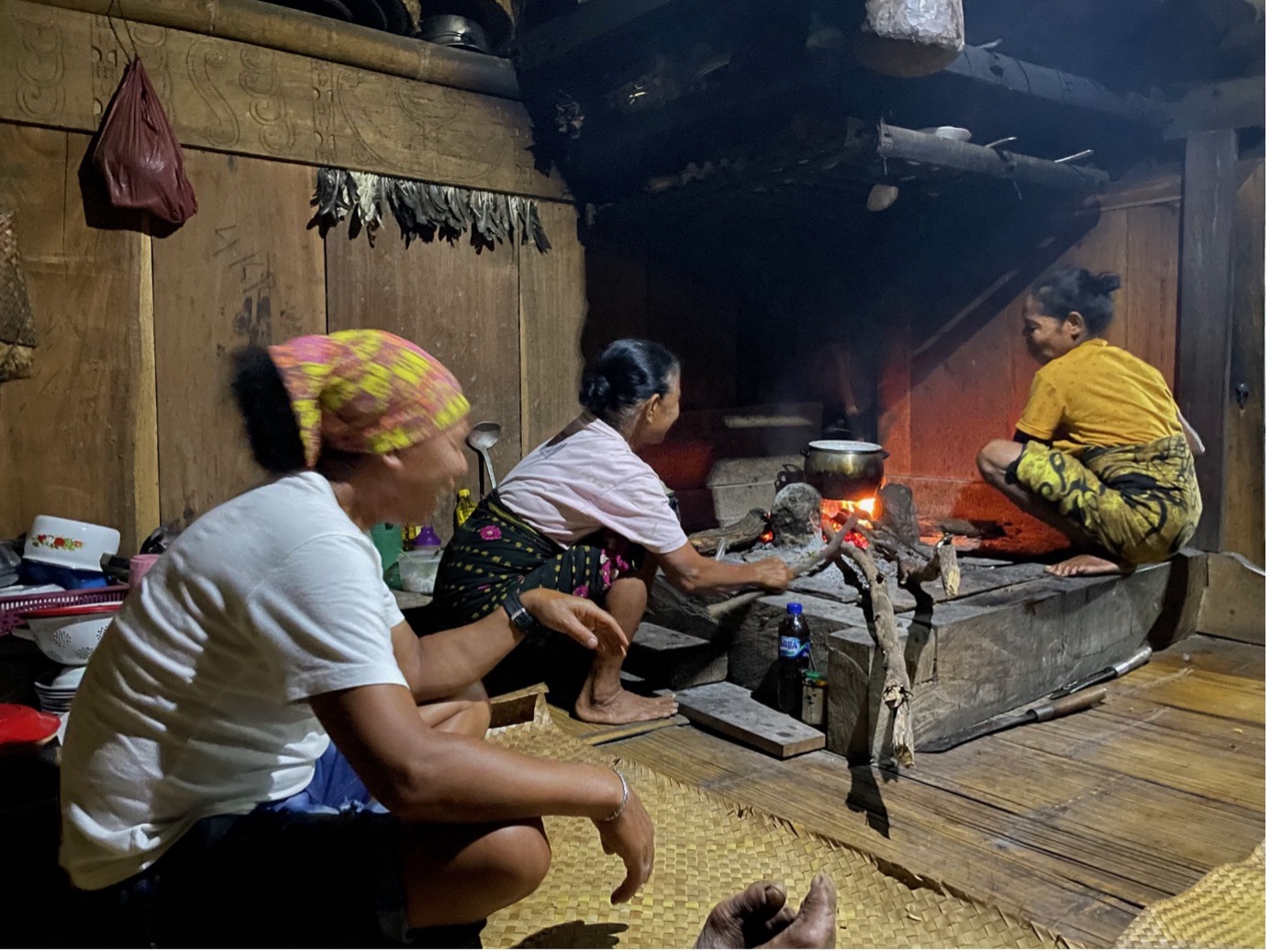
The Power of Presence
In the village, people are present with each other in ways that feel almost foreign in the corporate world. There are no phones buzzing, no constant checking of emails, no multitasking. When you’re with someone, you’re with them. It’s that presence that allows them to sense each other’s needs and support one another without the need for words.
As a leadership coach, I always encourage teams to start their meetings by being fully present with each other. Before we dive into strategy or tackle the latest crisis, I invite everyone to pause and take three deep breaths together. This isn’t just about relaxing—it’s about shifting from the scattered, reactive energy of a typical workday to a calm, focused presence. When we can filter out the noise and distractions, we’re better able to sense what’s really going on, both within ourselves and within the team.
Imagine if, before your next team meeting, you started with a moment of silence. You took a few deep breaths and asked these simple but powerful questions:
- What is the intent of this meeting?
- How do we want to be together today?
- What do we want to collectively achieve, and how can we help each other?
It’s amazing how quickly this small act of presence can change the energy of a room. People become more focused, more connected, and—dare I say it—more human. And that’s when real collaboration starts to happen.
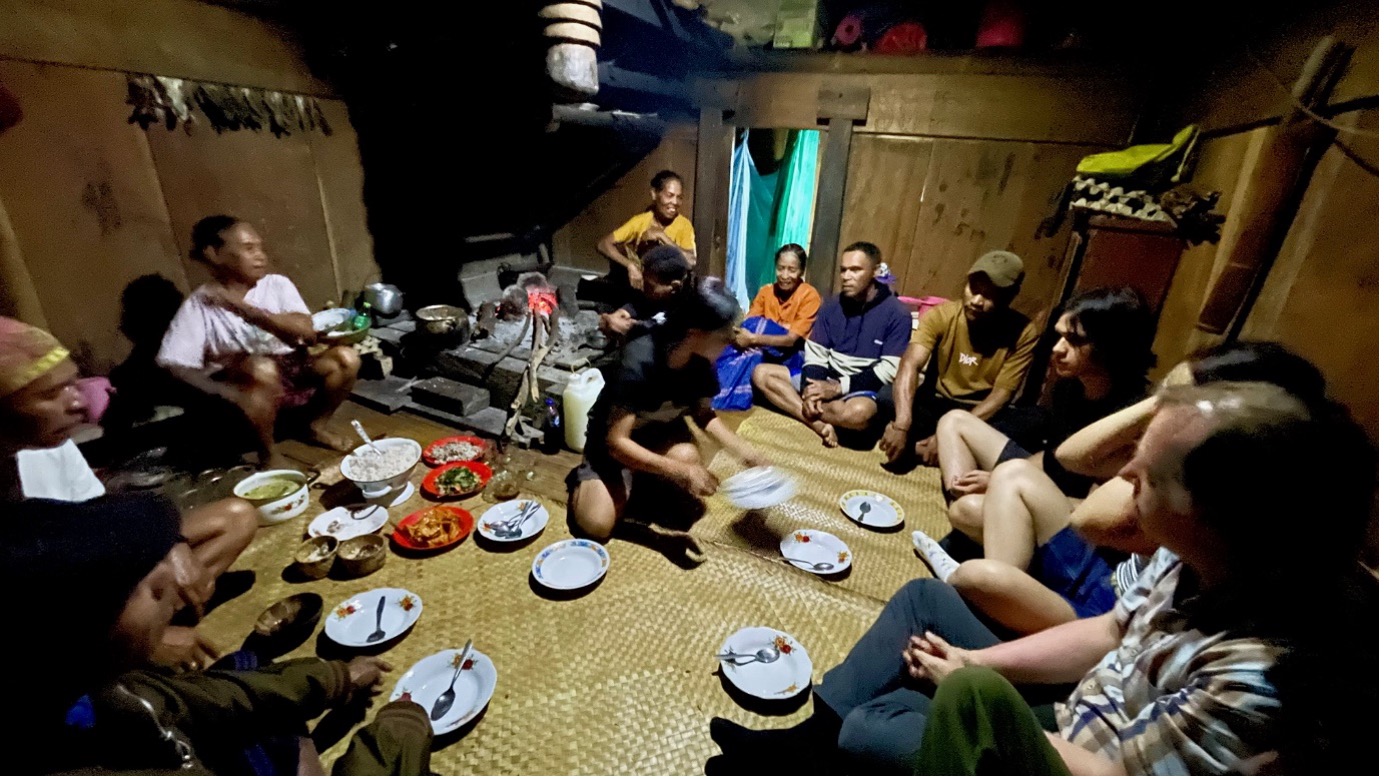
Building Thriving Communities, One Team at a Time
The sense of community I experienced in Belaraghi was palpable. It wasn’t something that had to be built or maintained—it was simply how they lived. They understood that their success depended on each other’s success. When one family thrived, the whole village thrived. When one struggled, the entire community stepped in to offer support.
This idea of interconnectedness isn’t just relevant in villages—it’s essential in the workplace too. A team that operates like a thriving community, where success is shared and support is given freely, is far more resilient and innovative than one where people are just out for themselves.
In the corporate world, where individual achievement is often prioritized over collective success, how do we create this sense of community? How do we foster a culture where people help each other before being asked, where they are truly present with one another, and where they understand that their success is tied to the success of the team?
Here are three practical tips that leaders can learn from the villagers of Flores to create a thriving, connected team:
- Create Space for Genuine Connection
In the village, meals weren’t just about eating; they were opportunities for connection. People gathered, shared stories, and strengthened their bonds. In the corporate world, we tend to rush through interactions, often treating team meetings or one-on-ones as boxes to check off.
Take a cue from the village: create intentional spaces for your team to connect on a human level. Whether it’s a weekly check-in where you don’t talk about work for the first few minutes, or a team retreat focused on building trust and understanding, these moments are crucial for fostering real relationships. When people feel connected to each other, they are more likely to step up and offer help—before being asked.
- Encourage Proactive Support
In Belaraghi, no one waits to be asked for help. They offer it when they see a need, trusting that their support will be reciprocated when the time comes. In many corporate environments, people hesitate to offer help unless it’s requested. They don’t want to overstep, or they’re simply too focused on their own workload.
As a leader, you can encourage a culture of proactive support by modeling it yourself. Offer help when you sense someone on your team might be overwhelmed, even if they haven’t explicitly asked for it. Make it clear that helping each other isn’t just an expectation, but a core value of your team.
- Foster Presence in Every Interaction
The villagers of Flores understand the importance of being fully present with each other. They don’t just show up physically—they are emotionally and mentally present too. In contrast, the corporate world is filled with distractions: endless notifications, the pressure to multitask, and the constant rush to get things done.
Leaders can foster presence by creating a culture where focus and attention are valued. Start meetings with a moment of silence, as mentioned earlier, and encourage your team to set aside distractions during important conversations. When people are fully present, they are better able to sense each other’s needs, communicate more effectively, and work together toward shared goals.
Bringing Village Wisdom to the Corporate World
The experience of staying in Belaraghi was a powerful reminder that leadership is not just about strategy or decision-making—it’s about creating a sense of community. Just like in the village, thriving teams are built on trust, presence, and proactive support.
While the corporate world may be fast-paced and noisy, we can learn a lot from the wisdom of communities that thrive without a written rulebook. By creating space for genuine connection, encouraging proactive support, and fostering presence in every interaction, leaders can build teams that don’t just succeed—they flourish. So, next time you sit down with your team, take a deep breath, remember the wisdom of that village elder, and ask: How can we help each other thrive?
May the force (of thriving community) be with you and your team.
